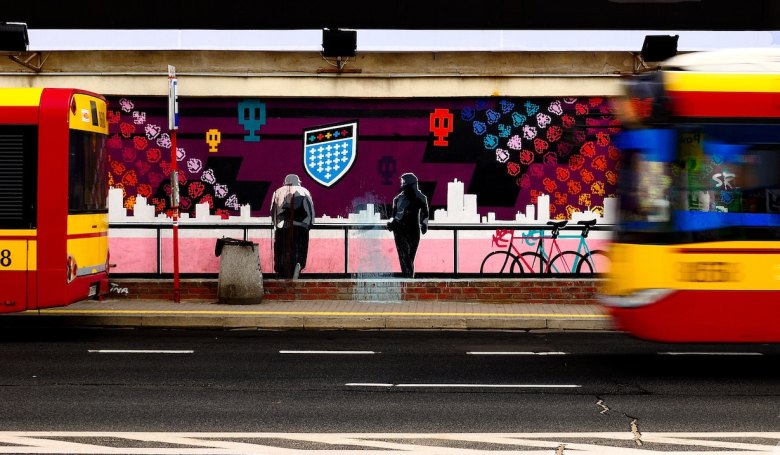
In the UK the average person wants to get off fossil fuels, but the Conservatives in power want the opposite. Obviously this is not good, and it gets worse: the new PM Liz Truss wants to ban solar panels on farms, Conservatives clearly don’t understand how the world works.
The good news comes from research proving that agrivoltaics (agriculture + solar voltaic panels) are a boon to farmers. Solar panels on farms are good for revenue for farms, renewable energy, and the very crops farms are growing. Yes, solar panels on farm increase crop production!
“One study found certain peppers will have three times the production,” said Bousselot. “That’s a shocking number.”
As global temperatures rise, the panels can also help to conserve dwindling freshwater supplies by reducing evaporation from both plants and soil.
What evaporation does occur underneath the panels has the added benefit of cooling the PVs and boosting their electricity production, according to Randle-Boggis, a research associate at the University of Sheffield.



